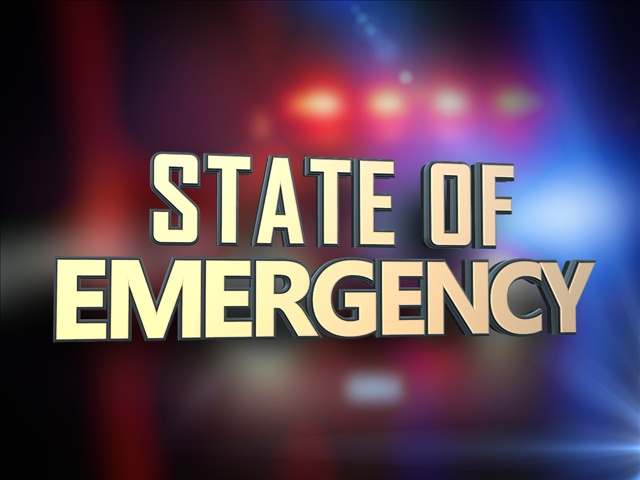Governor Maura T. Healey today declared that a state of emergency exists in Massachusetts due to rapidly rising numbers of migrant families arriving in Massachusetts in need of shelter and services and a severe lack of shelter availability in the state. The declaration serves as a notice to the federal government and the Commonwealth that the state’s shelter system is rapidly expanding capacity in an unsustainable manner, and that further assistance is urgently needed. There are currently nearly 5,600 families or more than 20,000 individuals in state shelter, including children and pregnant women.
In a letter to Secretary of Homeland Security Alejandro Mayorkas, Governor Healey pointed to work authorizations as a primary driver of the crisis. She called on the federal government to take urgent action to streamline and expedite work authorizations and increase funding to states to assist in providing shelter and services to families. She called on bipartisan leaders in Congress to address outdated and punitive immigration laws. She also called on the cities and towns, charities, advocates, faith organizations and providers to continue to partner with the administration to meet the need for shelter and work.
“State employees and our partners have been miracle workers throughout this crisis – going above and beyond to support families and using every tool at their disposal to expand shelter capacity by nearly 80 percent in the last year. But in recent months, demand has increased to levels that our emergency shelter system cannot keep up with, especially as the number of families leaving shelter has dwindled due to a lack of affordable housing options and barriers to securing work,” said Governor Maura Healey. “I am declaring a state of emergency in Massachusetts and urging my partners in the federal government to take the action we need to address this crisis by streamlining the work authorization process and passing comprehensive immigration reform. Many of the new arrivals to our state desperately want to work, and we have historic workforce demands across all industries. I am also calling on all of our partners – from cities and towns to the faith community, philanthropic organizations, and human service providers – to rise to this challenge and do whatever you can to help us meet this moment.”
“Our Emergency Assistance system is designed to be a temporary, emergency safety-net program. It is not equipped to handle the demand that we have seen in recent months. While we have made herculean efforts to expand capacity as much as possible, we’ve reached a point where the expansion is unsustainable,” said Lieutenant Governor Kim Driscoll. “We know what it will take to truly address the root causes of this emergency – rapidly increasing housing production across the state and implementing comprehensive immigration reform at the federal level, including work authorizations. We invite our partners in the federal government and across the Commonwealth to join us in advancing these solutions and supporting all families in Massachusetts.”
In her letter, the Governor pointed to several primary drivers of this emergency, including federal policies on immigration and work authorizations, inadequate production of affordable housing over the last decade, and the end of COVID-era food and housing security programs. As a result, the demand for emergency shelter in Massachusetts has skyrocketed over the past year. Today, nearly 5,600 families, including very young children and pregnant women, are living in emergency shelter, many of whom are migrants who recently arrived in Massachusetts. That’s up from around 3,100 families a year ago. Meanwhile, the number of families leaving emergency shelter for safe, permanent housing has dwindled, in large part due to a lack of affordable housing options.
“Teams of people from EOHHS have worked with our colleagues across state government relentlessly pursuing creative ways to provide essential resources for families in need, many of whom are new arrivals to Massachusetts,” said Health and Human Services Secretary Kate Walsh. “We are committed to supporting these resilient families as they find new opportunities in our state.”
“Over the past year, the teams at EOHLC have been able to expand emergency shelter capacity and support more families than ever before. But now we confront significant challenges. Our service provider partners are stretched beyond their means, and it has become increasingly difficult to add new shelter units to our EA portfolio,” said Housing and Livable Communities Secretary Ed Augustus. “The health and well-being of the families in emergency shelter are our first responsibility and we will continue to place eligible families when units become available. I thank the Governor and the Lieutenant Governor for leading an empathetic and collaborative approach to addressing this crisis, and I thank the communities and shelter service providers who have partnered with us in this incredible, ongoing effort.”


Leave a Comment